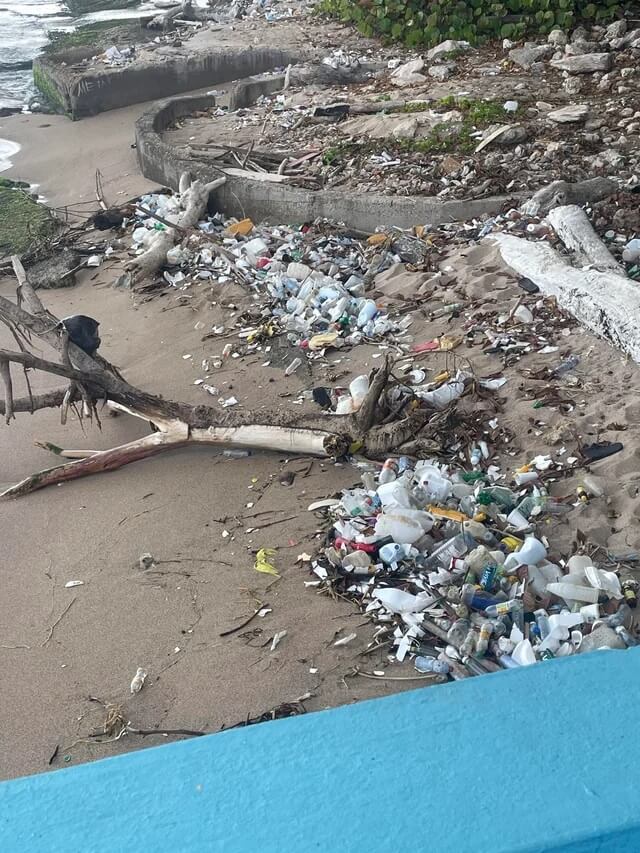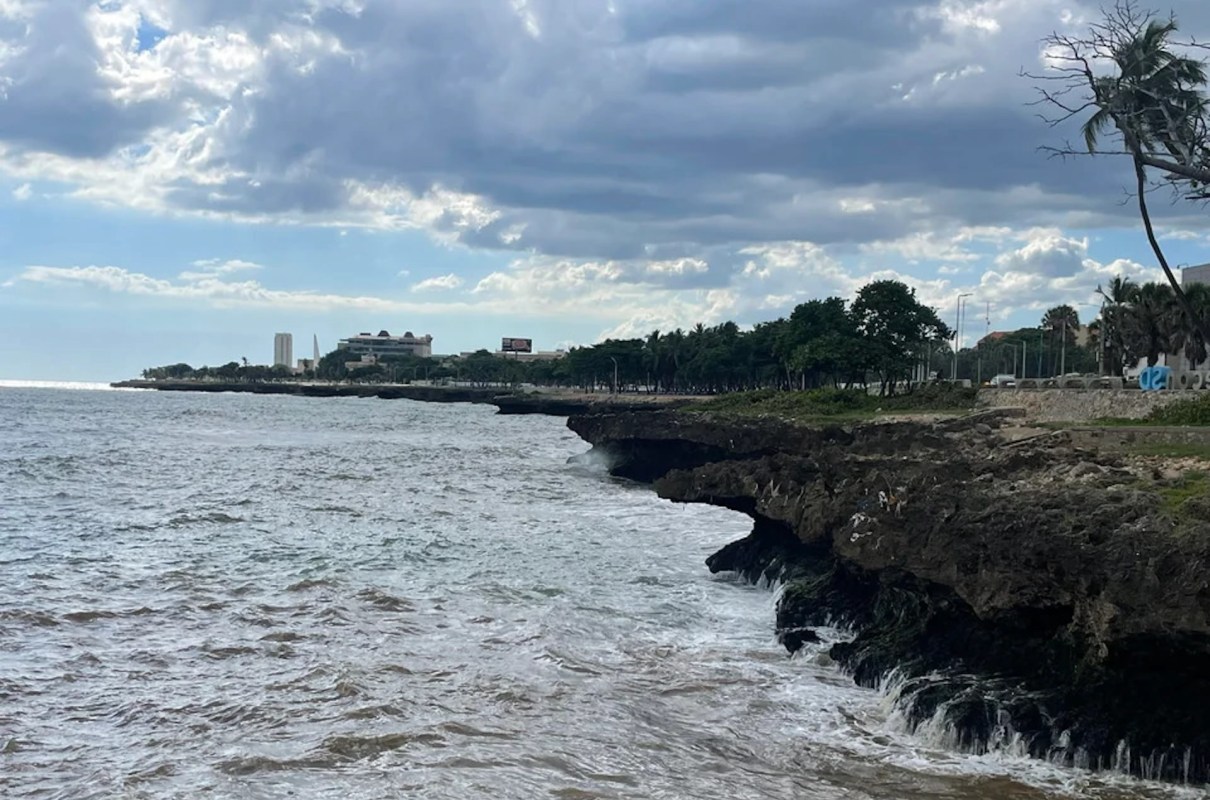Plastic pollution is a plague for island communities across the globe, and one Redditor recently came face-to-face with it on holiday.
What's happening?
While walking the beachfront in the Dominican Republic's Santo Domingo, the tourist stumbled on a swathe of plastic that had washed up from the ocean.
Two photos posted to the r/Anticonsumption subreddit showed piles of plastic bottles alongside other smashed-up plastic detritus.

"This island is great but this is 90% plastic bottles," they wrote in a caption. "It seems like it's coming from the Atlantic ocean."
Plastic pollution is streaming into the environment at an alarming rate, with at least 14 million tons of plastic entering our oceans each year.
Island communities especially struggle to keep on top of the plastic flood, partly because they attract large numbers of tourists who tend to opt for plastic bottles.
Drinking water is also harder to come by in some island communities, meaning bottled water is more ubiquitous.
This problem is paired with a lack of infrastructure for recycling. Waste management on islands requires longer, more expensive supply chains, which some areas struggle to afford.
That inevitably means that plastic pollution is more visible in island communities. On Australia's Keeling Islands, for example, 414 million pieces of plastic were counted on the beaches in 2019.
Why does plastic pollution in island communities matter?
Plastic pollution is already having a devastating impact on ocean environments, with toxic effects both for marine wildlife and for humans.
When plastic breaks down in the water, it sheds microplastics, which animals such as fish then ingest — The Conversation estimated that around a quarter of fish worldwide contain microplastics.
Plastic makes its way up the food chain, eventually being consumed by humans when we eat contaminated seafood. Microplastics can also end up in the water we drink.
Consuming plastic is thought to be linked to declining sperm counts, neurotoxicity, and some cancers.
These harms are especially pronounced for island communities, who depend directly on exactly those wildlife populations that have been compromised for food.
What's being done about plastic pollution on remote islands?
The most important global action being taken against plastic pollution is the United Nations' plastic treaty, which is being drafted by 175 nations.
In November, the participating countries agreed on the draft text for a legally binding document, which will compel its signatories to reduce plastic pollution.
Some proposed actions include limiting plastic production in favor of other packing materials and using the private sector to better fund waste management processes.
Companies have also devised a plastic credits market, which invites businesses to offset their plastic waste by investing in waste management projects in island communities.
Plastic credits have been criticized by campaigners because of their similarity to controversial carbon tax credits. The U.N. Environment Programme has called it a temporary solution that can bring vital funds into communities until systemic change can be legislated.
Join our free newsletter for cool news and cool tips that make it easy to help yourself while helping the planet.









